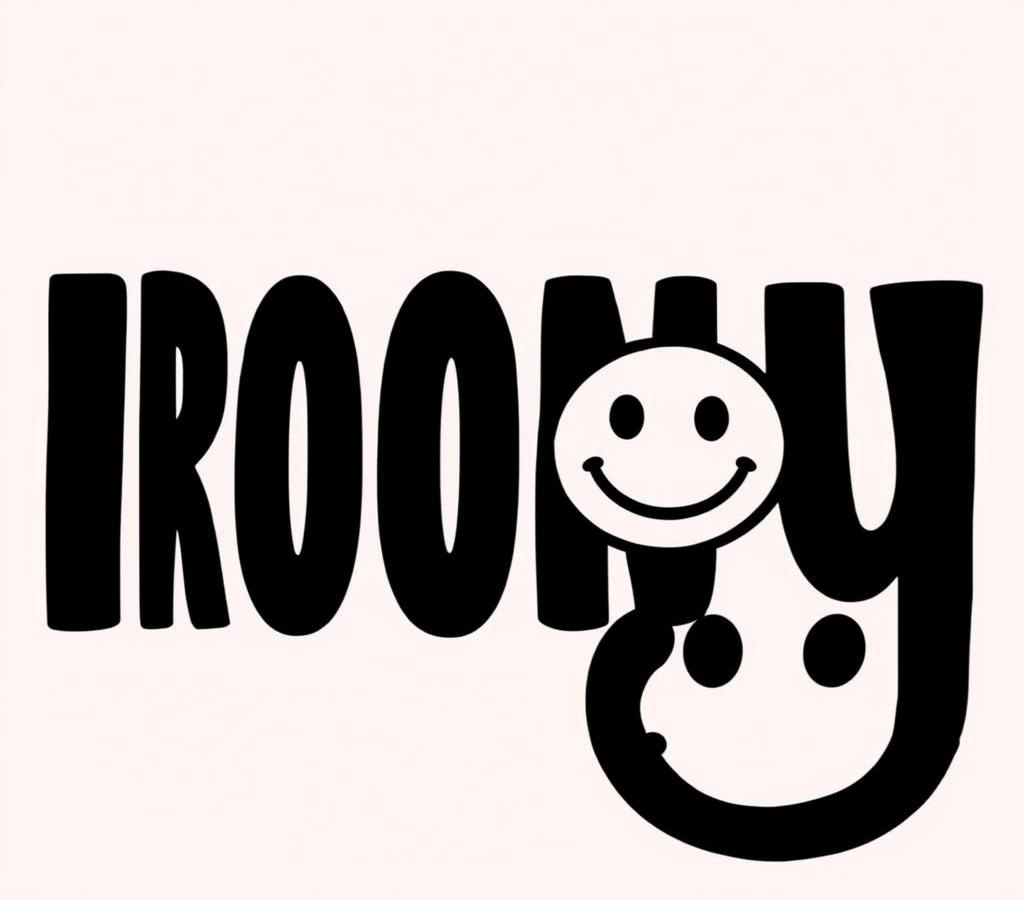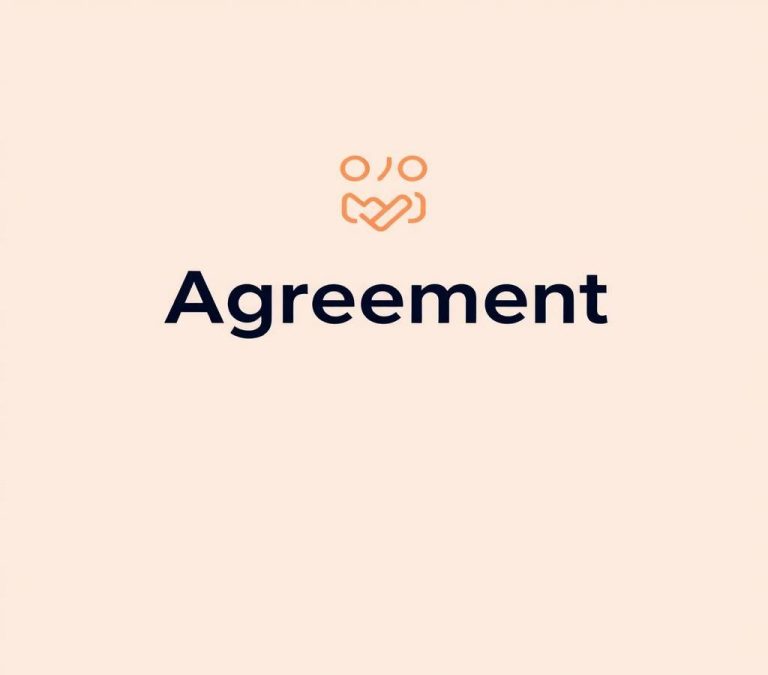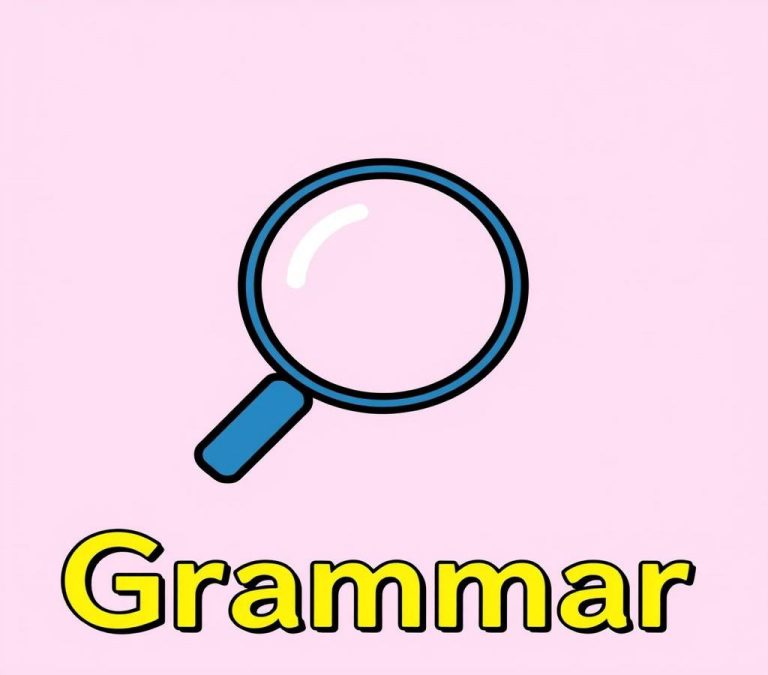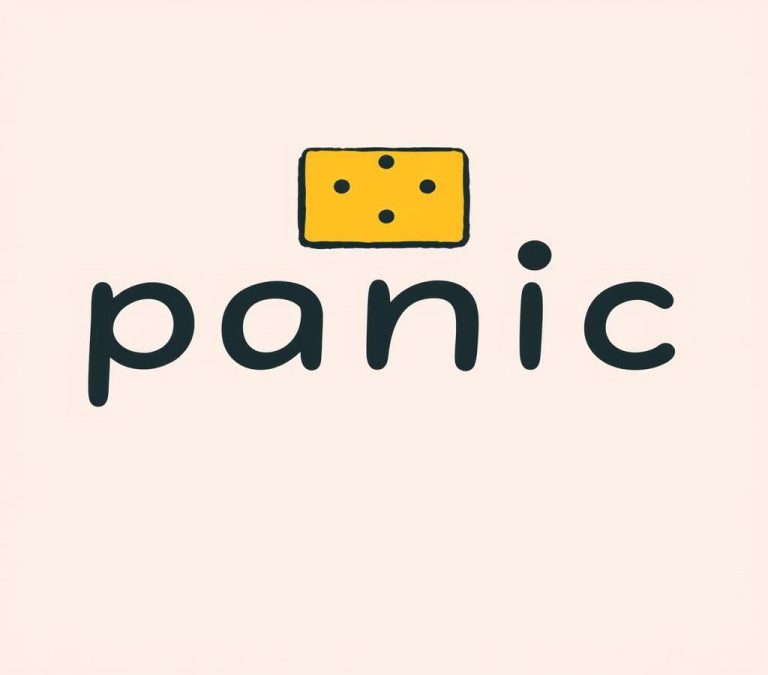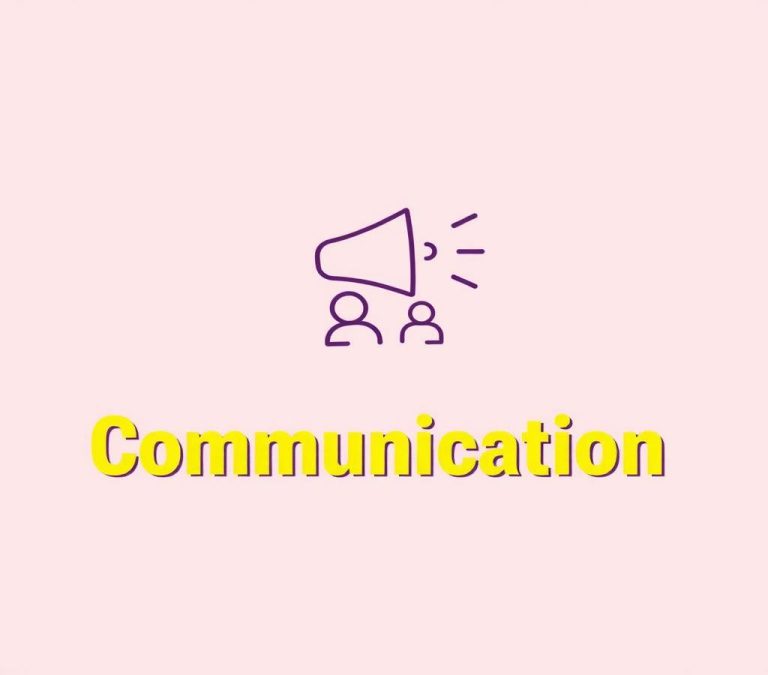Irony vs. Coincidence: Grammar & Meaning
Irony and coincidence are terms often confused and misused, although they describe different situations. Irony involves an event or outcome that is contrary to what one expects, often with a humorous or poignant twist. Coincidence, on the other hand, refers to two or more events happening at the same time by mere chance. Understanding the distinction between irony and coincidence can enhance both our communications and our appreciation of storytelling. In this article, we will explore the differences between the two, offering clear examples to highlight their unique characteristics.
Quick Answer
Irony is when the opposite of what’s expected to happen occurs, often with a twist of fate or sarcasm. Coincidence is a surprising event where two or more things happen at the same time, without a causal connection. Key differences: irony involves contradiction, coincidence involves chance, and irony often has a sense of humor or surprise, while coincidence is simply unexpected.
Why There is Confusion
People often confuse irony and coincidence because they both involve unexpected situations occurring in ways that catch us by surprise. Both irony and coincidence are closely tied to the element of surprise, making it challenging to distinguish between them at times. However, they fundamentally differ in their nature and purpose. Irony is often deliberate and layered with meaning, while coincidence is more about chance and randomness. Understanding these nuances is essential for accurate communication and expression.
What Does Irony Mean?
Irony is a literary and rhetorical device where the intended meaning is different from the actual outcome. It often involves a contrast between expectations and reality. There are several types of irony, including verbal, situational, and dramatic. Verbal irony occurs when someone says something but means the opposite, often used sarcastically. Situational irony involves events that have an outcome contrary to what was expected. Dramatic irony is when the audience knows something that the characters do not. Irony is often used to highlight the absurdity or incongruity of circumstances.
What Does Coincidence Mean?
Coincidence refers to the occurrence of events that happen at the same time by chance, without any apparent causal connection. It is simply two or more events that converge unexpectedly. Coincidences may appear meaningful, but they are random and lack intentional design. For example, meeting a friend in a foreign country unexpectedly is a coincidence. Coincidences are often surprising and may even seem serendipitous, but they are fundamentally different from irony because they have no deeper meaning beyond their occurrence.
Differences Between Irony and Coincidence
In Terms of Intent
The primary difference between irony and coincidence lies in their intent. Irony often involves a deliberate twist or use of words intended to convey a meaning opposite to what is stated or expected. For instance, if it’s raining, and someone exclaims, “What a beautiful day,” the intent is to convey irony through the contrast between their words and reality. Coincidence, on the other hand, is purely accidental and does not involve any intended message or meaning. It is simply about events that happen simultaneously by sheer chance, without any plan or premeditation.
In Terms of Outcome
In irony, the outcome usually holds significance or highlights a contradiction, making it a powerful tool in storytelling and rhetoric. It often seeks to make a point about human nature or societal norms. For example, a fire station burning down can serve as situational irony. Coincidence, however, is all about happenstance. Its outcomes might be unexpected or surprising but lack the depth or narrative intent found in irony. Coincidences are random and do not carry inherent meaning beyond their occurrence.
In Terms of Expectation
With irony, the expectations set by the speaker or situation are turned on their head. Irony often plays with the expectations of the audience, making it an effective tool for humor and drama. For example, if a character known for being studiously neat ends up in a messy situation, it creates situational irony. Coincidence does not play with expectations in the same way. It simply presents an unexpected event or alignment of events that seem strikingly connected but are unrelated by cause and effect. The element of surprise in coincidence does not carry the intentional subversion that irony does.
Synonyms
Synonyms help provide alternative words that can clarify the meaning of irony and coincidence. While they are not always perfect substitutes, they can help enrich understanding.
Irony Synonyms
- Sarcasm: Typically involves saying the opposite to mock or convey contempt.
- Satire: Uses humor, irony, or exaggeration to criticize or expose.
- Paradox: A statement that seems contradictory but may reveal a truth.
- Mockery: Imitation or mimicry intended to deride or ridicule.
- Twist: An unexpected turn in a story or situation, often ironic in nature.
Coincidence Synonyms
- Fluke: A chance happening, often surprising or lucky.
- Accident: An unexpected event, occurring without intent or planning.
- Concurrence: Two or more events happening at the same time.
- Happenstance: A circumstance or event that takes place by chance.
- Serendipity: An accidental but fortunate discovery.
Examples of Usage
Understanding irony and coincidence becomes clearer with examples demonstrating their application in different contexts.
In literature, dramatic irony is a powerful tool for storytelling. In Shakespeare’s “Romeo and Juliet,” the audience knows Juliet is alive when Romeo believes she is dead, creating tension and emotional impact. This misalignment of understanding highlights the irony.
In everyday conversation, verbal irony can appear as sarcasm. If someone walks into a messy room and says, “Wow, this place is neat,” they’re using irony to emphasize the disorder.
For coincidence, consider the example of encountering a friend at the airport while both of you are heading to different destinations. This event is purely by chance, a textbook coincidence lacking intended meaning.
In movies, coincidences often drive plot twists or character interactions but do not carry the same layer of planned meaning that irony does.
Conclusion
Irony and coincidence both add layers of complexity to language and narrative, but they operate in distinct ways. Irony is about intention, creating contrasts between expectation and reality to underscore meaning or critique. It uses wit to reveal deeper truths about situations and human behavior. Coincidence, in contrast, relies on chance, highlighting unexpected intersections in life’s tapestry but without embedded meaning.
Understanding these differences allows us to appreciate the subtle nuances in language and the richness they bring to communication and storytelling. By recognizing the deliberate nature of irony versus the randomness of coincidence, we can better engage with works of art, navigate social interactions, and express our thoughts with clarity.

